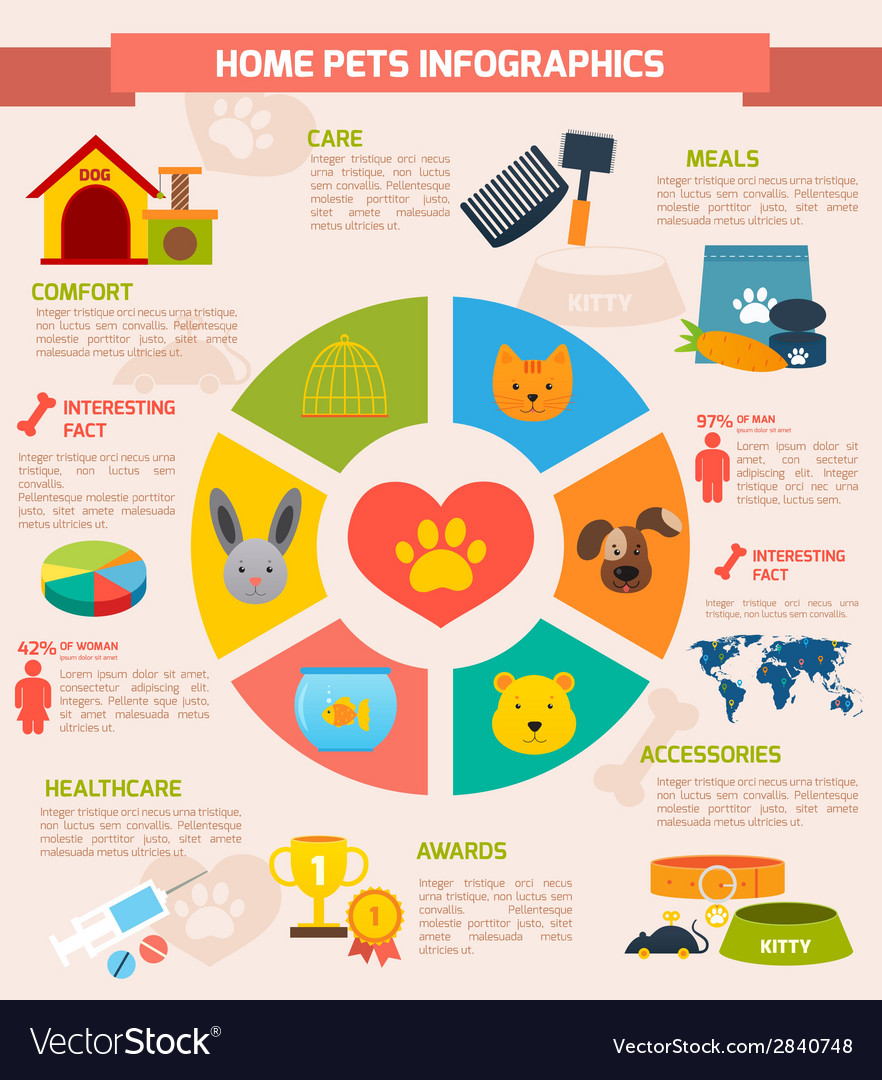Whether your dogs hang out at daycare or boarding centers, they need to be up-to-date on every one of their called for vaccinations. Core vaccines consist of Bordetella, rabies and DA2PP, which defend against typical diseases that pets are subjected to when in close contact with others.
Non-core injections include canine flu and leptospirosis shots. These are suggested for pups that join other pet dogs frequently.
Core Vaccinations
As an important part of preventive treatment, canine vaccinations assist keep pet dogs safe from transmittable diseases sent with straight get in touch with or contaminated surface areas. Vaccines promote the immune system to produce antibodies that fight condition, and many veterinarians consider core pet injections to be crucial for all family pets.
Rabies
Most trustworthy canine childcare facilities call for that your animal depend on date on their rabies inoculation. Vaccinations are provided to puppies as early as 12-16 weeks old, and boosters are required every three years approximately until the adult years. Rabies is a fatal viral illness that spreads out with saliva, commonly from bites. The majority of states require rabies inoculations for all dogs and felines, and some also mandate rabies boosters for animal proprietors.
Distemper/Parvovirus/Adenovirus (DHPP).
This combination injection covers canine distemper, parvovirus, liver disease, and adenovirus, all of which are extremely transmittable. Many vet offices use DHPP vaccinations as one shot or in a series of 2 to 4 shots, given 2-4 weeks apart, adhered to by an annual booster. This injection is a need for most boarding and doggy childcare facilities, in addition to several groomers.
Bordetella/Canine Parainfluenza Vaccine.
Bordetella bronchiseptica, frequently called kennel cough, is an extremely transmittable respiratory infection triggered by the microorganisms that causes the illness. Signs and symptoms include consistent coughing, sneezing, nasal discharge, and high temperature. The majority of kennel cough break outs take place in jampacked environments, such as day care or boarding centers, and are especially common in warmer weather condition. This vaccination is a requirement for many day care and boarding dog daycares near me centers, and is often provided in a mix with the DHPP vaccination.
Leptospirosis Vaccine.
This is a bacterial illness that spreads out via contaminated water, soil, and urine. Infection can create kidney and liver damages, as well as death, and is transmissible to people. A lot of veterinarians will certainly recommend this vaccine, based on geographical area and way of living of the pet, for dogs that spend time outdoors or at boarding facilities, in addition to some groomers. This vaccination is generally administered as a series of two to four shots, spaced 2-4 weeks apart, with a yearly booster needed for the majority of pet dogs.
Lyme Disease Vaccine.
The most typical tick-borne illness in the USA, Lyme condition is sent by the deer tick and can result in fever, joint pain, muscle discomfort, and loss of appetite. The Lyme illness injection secures versus one of the most widespread pressures of the virus, including the H3N8 and H3N2 strains. Most veterinary clinics suggest this injection, especially in high-risk locations, such as the Northeast, top Midwest, Mid-Atlantic, and along the Pacific coastline.
Noncore Vaccines.
Various other pet dog vaccinations, while not essential for all pet dogs, are advised based upon the pet's way of living and geographical location. These include the following:.
